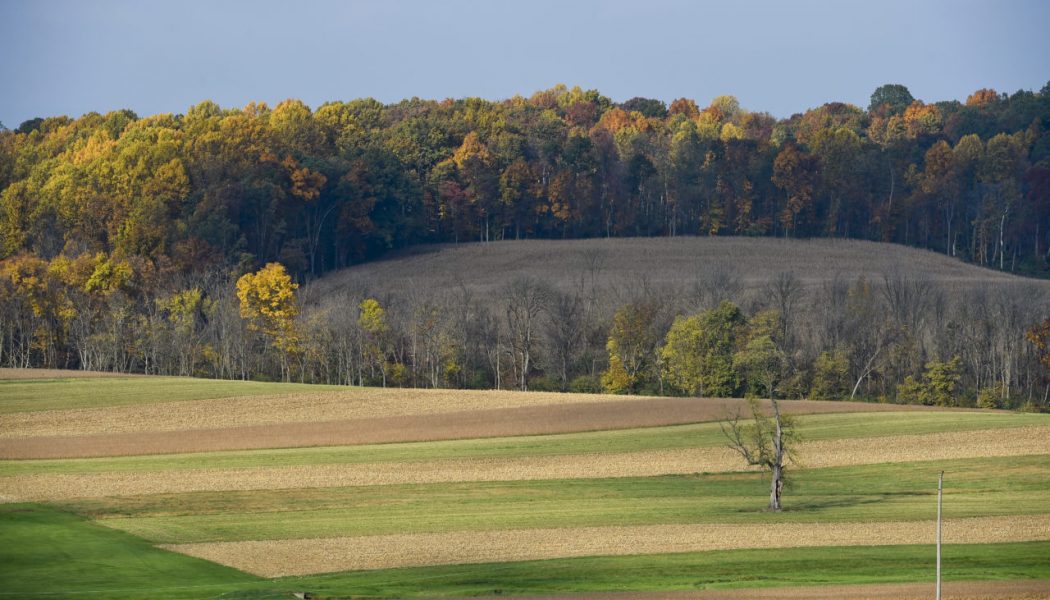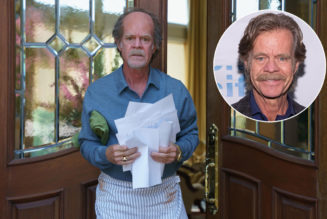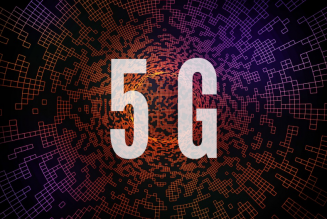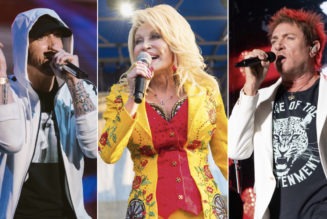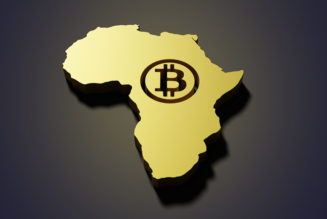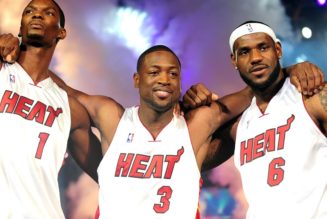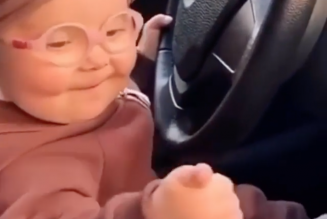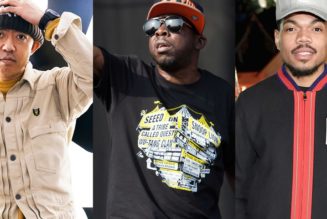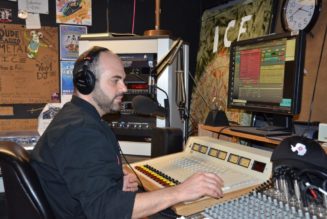I had a conventional small town, Arkansas upbringing. My dad was a full-time poultry technician and part-time rancher who herded cattle on a motorcycle. It wasn’t even a dirt bike; he thought a bigger bike had a smoother ride. He felt the same way about cars – the bigger the better – and when I turned sixteen, he wrapped me in five thousand pounds of shiny, black metal, a 1959 Cadillac Eldorado, with a bullet-hole in the driver’s side door. He says he bought it that way, but I suspect he put it there as a warning for any reckless boys who thought about trying to hitch a ride. Summer afternoons, careening down the red dirt road to the lake, music blasting, bikini air-drying from the rearview mirror, in the Batmobile, I was invincible.
For an old car, it sure had a great radio. It was only AM, but that was all I needed for the local station’s latest pop hits and the People’s Exchange. The magic came later. Late at night, when all the podunk channels had powered down, if I parked in just the right spot, I would be transported from my tee-tiny town to the magical metropolis of Chicago and the 50,000-watt powerhouse that was WLS.
In my world, a traffic jam was when you got stuck behind a tractor or were dumb enough to linger too long in the parking lot and leave after the school buses did, so I found the WLS traffic reports fascinating. A tie-up on the Dan Ryan or a lane closure on the Eisenhower seemed real exotic to a girl who mostly dealt with four-way stops.
I grew up on 160 acres of tangled family land. Cattle, stickers, and ticks. Every Saturday, my parents would load up the family and head to the biggest house on the property – my grandmother’s place – where we would gather around her television cabinet for an afternoon of wholesome country-western music that made me want to kill myself. It began with the brotherly banter of the Wilburn Brothers, followed by the ultra-high-haired Porter Wagoner (How could someone wearing so many rhinestones NOT be a drag queen?), and culminated in the highlight of the evening, Hee Haw. Hee Haw: music, merriment, and misogyny. Remember in grade school, when you learned about sets and subsets and Which one of these does not belong? Had there been a picture of my family, I would have been the one with the big number 2 pencil circle scribbled around her. As much as I adored them, I could not, for the life of me, understand my clan. Canned laugher followed a pitifully prosaic joke and I must have rolled my eyes out loud because my mother gave me the look. My grandmother, in an effort to head the impending altercation off at the pass, loaned me her “cellar radio” and sent me to the guest room.
It was 1973 and music mattered. Houses of the Holy, Dark Side of the Moon, Innervisions, Goat’s Head Soup, and Goodbye Yellow Brick Road were in the charts. So was No Secrets and I dreamed of a future in which I was half as cool as Carly Simon. Crouched under my grandmother’s dresser, an encyclopedia in my lap and KLYR in my ear, it did not seem a likely scenario, but something changed that day. My parents were so enamored with my absence that they got me my own radio and, late one night, amid the minefield of steel guitars and static, I found 89 on the AM dial. Stevie Wonder was singing Superstition and my heart exploded. WLS became my station and Yvonne Daniels became my best friend.
Yvonne Daniels was the first female radio host at WLS, but I didn’t know that at the time. I only knew that, in the wee hours of the morning, in that drafty old farmhouse, it was her velvety voice that soothed my insomniatic restlessness and introduced the songs that would shape my life. I later learned what a big deal she was. She became known as the First Lady of Chicago Radio. She also graced the airwaves at (among others) WSDM, WGCI and WYNR, in her too-short lifetime. The Radio Hall of Fame site refers to Daniels as “an African-American broadcast pioneer” whose “soothing voice and knowledge of jazz made her a favorite with listeners throughout America’s Midwest.” Cancer took her when she was only 53. Writing for the Chicago Tribune, Dan Kening lauded Daniels for more than thirty years on-air and credited her for being the one to open doors for future female disc jockeys. He acknowledged her “unique ability to reach out and make a bond with the listener.” I am a testament to that.
These days, I’m a professor – that stern one who won’t let you pass if you can’t name three Stevie Wonder songs and identify The First Lady of Chicago Radio – at a small, liberal arts university. But when the semester ends, and the grades are in, I turn up the radio. Careening down the road to the lake, Superstition blasting, bikini air-drying from the rearview, I am invincible.
